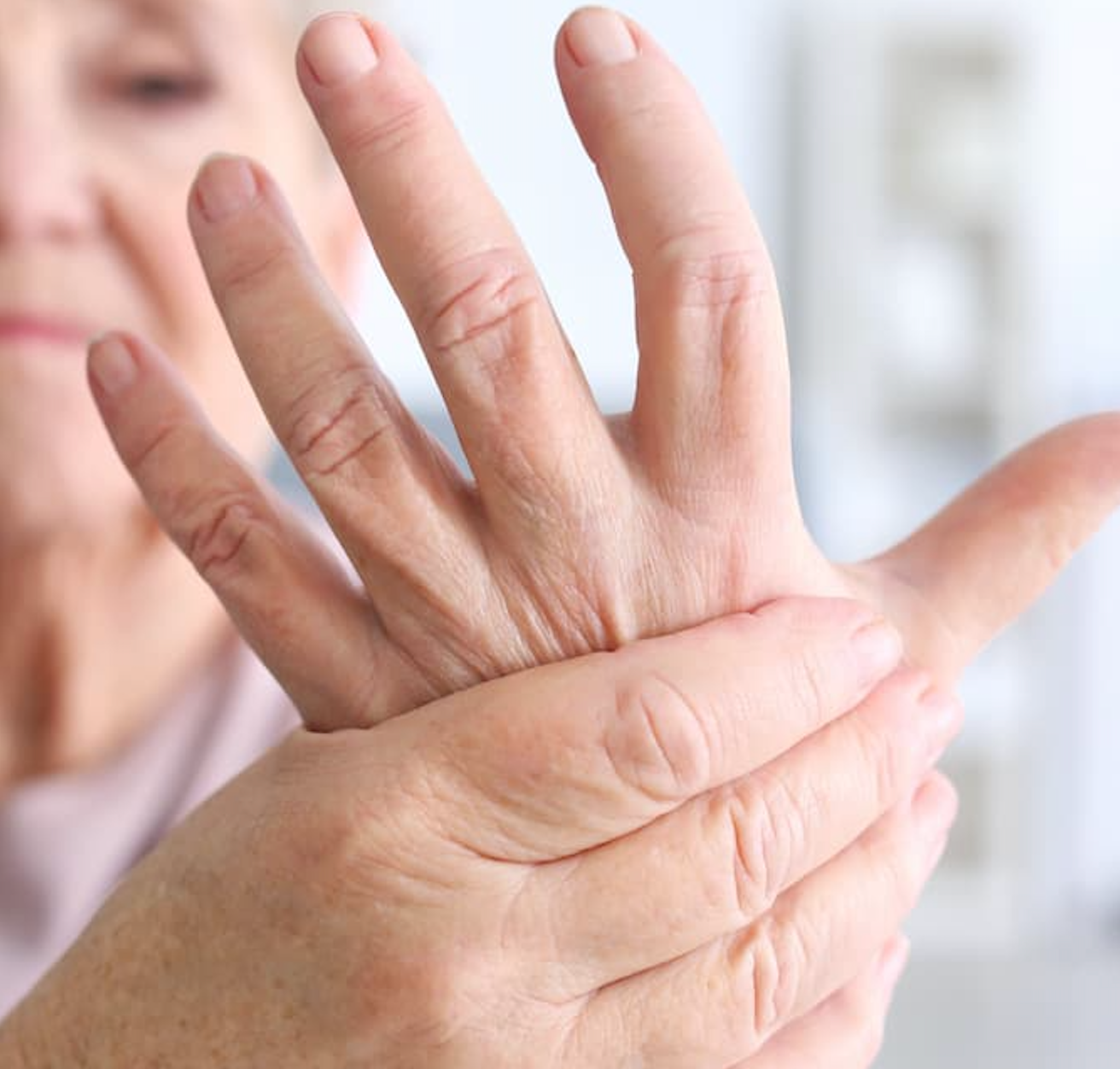News
Article
Infliximab Biosimilar CT-P13 Effectively Treats Rheumatic Disease
Author(s):
Disease activity improved by week 16 in patients receiving CT-P13 and was maintained through the end of the treatment period.
The infliximab biosimilar, CT-P13, approved in Thailand for the treatment of a variety of rheumatic diseases, including psoriatic arthritis (PsA), rheumatoid arthritis (RA), and ankylosing spondylitis (AS), was well tolerated and effective across indications, according to a study published in Future Medicine.1
Credit: Adobe Stock/Africa Studio

“While infliximab has had a substantial impact on treatment approaches for RA, AS and PsA, the cost of biologic treatment is high,” wrote lead investigator Ajanee Mahakkanukrauh, PhD, associated with Khon Kaen University Hospital, Thailand, and colleagues. “The availability of biosimilars, which have no clinically meaningful differences in safety and efficacy compared with their approved biologic reference product, can facilitate cost savings for healthcare systems and allow expanded patient access to biologic medicines.”
Real-world experience with biosimilars was crucial to address any clinical hesitancy, including uncertainty regarding immunogenicity, safety, and efficacy, in the early years of the biosimilar era. Post-marketing surveillance studies, such as this one, are useful to provide data for biosimilar use in different indications and are also able to assess safety and efficacy data in specific ethnicities.2
A phase 4, open-label, multicenter study was conducted in 10 study centers in Thailand to determine the safety and efficacy of 46 weeks of CT-P13 treatment in adult patients with rheumatic disease, with a 1-year follow-up post-treatment to further evaluate safety. The primary endpoint was events of special interest (ESIs), which included malignancy, drug-induced liver disease, tuberculosis, infection, infusion-related reaction, anaphylaxis, and hypersensitivity. Safety was determined through treatment-emergent adverse events (TEAEs), TEAEs leading to discontinuation, and treatment-emergent serious adverse events (TESAEs).
The biosimilar was administered intravenously at weeks 0, 2, and 5 during the dose-loading period and then once every 8 weeks in patients with RA and PsA, and once every 6 – 8 weeks in patients with AS. Patients with PsA and AS received 5 mg/kg and patients in the RA cohort received 3 mg/kg.
A total of 30 patients (RA: n = 16; AS: n = 8; PsA: n =6) were included in the study. Two patients discontinued treatment with CT-P13 during the study period. A total of 24 patients experienced 70 TEAEs, with 13 patients in the RA group, 7 in the AS group, and 4 in the PsA group. However, a greater number of adverse events reported by patients were unrelated to the biosimilar treatment. The most frequently reported drug-related ESIs were infection and infestations (2 in patients with RA and 2 in patients with AS), and 2 patients reported infusion-related reactions. There were no cases of malignancy, drug-induced liver disease, or tuberculosis during the treatment and follow-up periods. Most of the adverse drug reactions were classified as grade 1 or 2 in intensity. Disease activity improved across all indications by week 16 and was maintained through the end of treatment.
Investigators noted the small sample size, further divided by indication, may have limited the interpretation of the findings. Additionally, the short duration of treatment and follow-up periods did not allow for longer-term evaluation of TEAEs, such as malignancy. Future studies should focus on confirming the long-term safety profile and efficacy in this patient population, including those who switched from the reference drug to the biosimilar.
“This study provides supporting data regarding the safety and effectiveness of CT-P13 for the treatment of RA, AS, and PsA in Thailand, with both safety and effectiveness profiles in Thai patients aligned with expectations based on studies in other populations,” investigators concluded.
References
- Mahakkanukrauh A, Chaiamnuay S, Koolvisoot A, et al. Safety and effectiveness of intravenous CT-P13 in inflammatory arthritis: post-marketing surveillance study in Thailand [published online ahead of print, 2023 Aug 17]. Immunotherapy. 2023;10.2217/imt-2022-0290. doi:10.2217/imt-2022-0290
- Gross AS, Harry AC, Clifton CS, Della Pasqua O. Clinical trial diversity: an opportunity for improved insight into the determinants of variability in drug response. Br. J. Clin. Pharmacol. 88(6), 2700–2717 (2022).Crossref, Medline, Google Scholar




